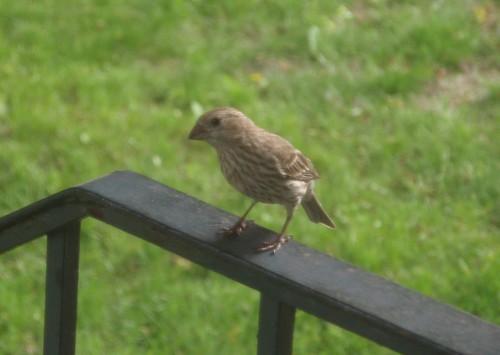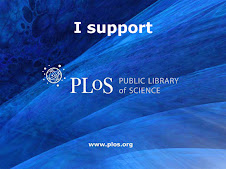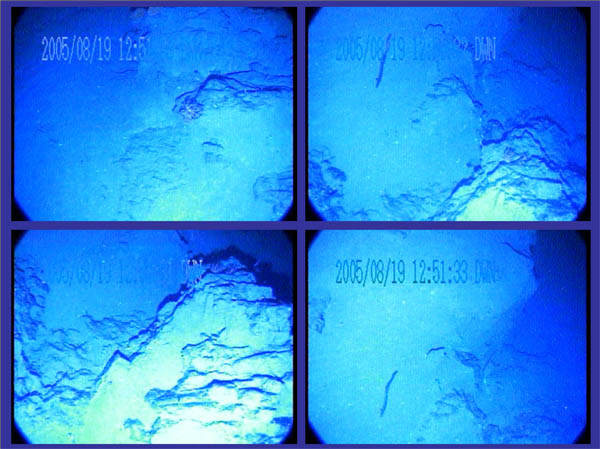The report itself is 140 pages long and is a complex document. I've only skimmed through it but there are some good blog posts about it already on the web. See this, this, and this for starters.
I've been following events unfold namely under #finchreport on Twitter.
One bit of it that I certainly gets my beef is as follows.
Around four weeks ago, the UK's Minister of State for Universities and Science, David Willetts gave a speech in which he mentioned the following.
One measure that was being explored by The Finch Working Group was to work with Traditional Publishers to "provide" access to scientific research via the internet (I assume) in Public Libraries. The only sense in which this makes sense to me, is for people who are looking for this material but do not have internet access. Now I don't know what percentage of the UK population do not have internet access but as a guess, I would say probably well under 10%. But for those people and those people alone, I guess this should be welcomed.
For everyone else who does have internet access, let's see how this would work.
If you are looking for peer reviewed scientific literature that is Open Access, one click and you've got it. In most cases, there are not many restrictions as to what you can do with it. AMEN.
If you are looking for peer reviewed scientific literature that is not Open Access, off to a Public Library ??? In 2012 ??????
So if I was to do this for example, 30 minute walk to get there. I don't have an account anymore, so would need to get one set up and from memory, it doesn't kick in on the day. 30 minute walk back home. Do it again, account has been activated, try to find what I'm looking for. Then what? Maybe see if I can print it out? What if I want 10 or so PDF's?? Then walk back home. That's two hours already.
Or one click if it was Open in the first place !!!
I was hoping that this IDEA would be dropped but according to Willett's today, he supports it:- "...making peer-reviewed journals available for free at public libraries would foster innovation..."
I immediately voiced my disapproval on Twitter.
Back in 2007, "weblebrity" Ben Goldacre voiced his own concern about a very similar situation.
"The Colloquium was a fascinating day – the many highlights included Ben Goldacre discussing why taking the London Underground to get to a public library is not his idea of an information superhighway".
Go check it out......











